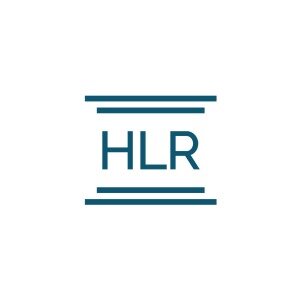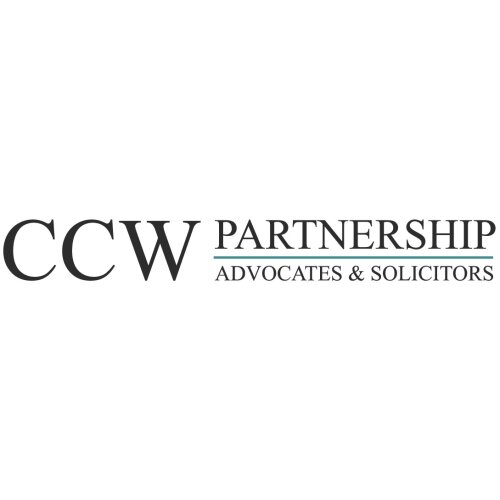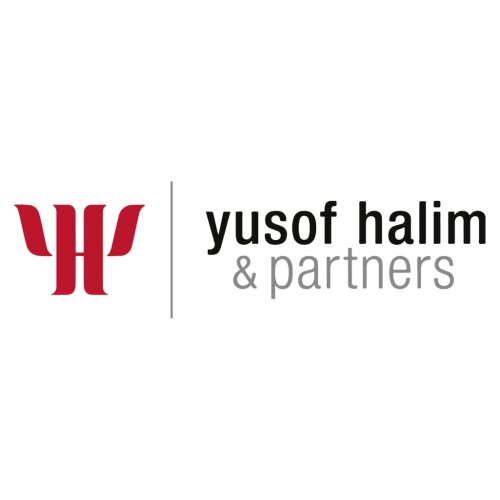Best Structured Finance Lawyers in Brunei
Share your needs with us, get contacted by law firms.
Free. Takes 2 min.
Or refine your search by selecting a city:
List of the best lawyers in Brunei
About Structured Finance Law in Brunei
Structured finance in Brunei refers to complex financial instruments that are designed to manage risk, facilitate borrowing, and improve liquidity for corporations, financial institutions, and government entities. These financial transactions often involve securitization of assets, creation of special purpose vehicles, and arrangements such as asset-backed securities and collateralized debt obligations. Within Brunei, the framework for structured finance is shaped by the country's commitment to international financial standards, its desire to position itself as an Islamic finance hub, and the need to ensure financial stability through robust regulation.
Why You May Need a Lawyer
Engaging in structured finance deals can be highly complex due to the legal, regulatory, and commercial considerations involved. You may need the assistance of a legal professional in situations such as:
- Structuring or negotiating asset-backed securities - Drafting or reviewing documentation for syndicated loans or project finance - Advising on regulatory compliance, including Shariah compliance for Islamic structured finance products - Managing cross-border structured transactions - Addressing disputes or defaults related to structured finance instruments - Interpreting laws and regulations enforced by Brunei authorities - Handling bankruptcy, insolvency, or restructuring proceedings connected to structured finance deals - Ensuring tax efficiency in transaction structures
A qualified lawyer can help you understand the risks, navigate the regulatory environment, and safeguard your interests throughout the structured finance process.
Local Laws Overview
Structured finance activities in Brunei are influenced by several key legislative and regulatory frameworks. These include:
- Financial Institutions Act: Governs licensing, operations, and supervision of financial institutions that may be involved in structured finance transactions. - Banking Order and Islamic Banking Order: Provide regulatory regimes for both conventional and Islamic banking, covering related structured finance products. - Companies Act: Outlines requirements for corporate entities, including the formation of special purpose vehicles vital for structured finance transactions. - Securities Markets Order: Sets the regulatory background for issuing, trading, and offering asset-backed and other structured securities. - Shariah Finance Regulations: Guide Islamic structured finance, requiring products to comply with Shariah principles. - Anti-Money Laundering Regulations: Impose strict compliance checks on all financial transactions, including structured deals. - Contract Laws and Dispute Resolution: Govern the enforceability of structured finance agreements and the mechanism for resolving disputes.
Foreign investment rules, tax laws, and policies from regulatory bodies such as Autoriti Monetari Brunei Darussalam (AMBD) also play critical roles in shaping structured finance practice in Brunei.
Frequently Asked Questions
What is structured finance and how does it work in Brunei?
Structured finance involves using complex financial instruments to manage risk, fund investments, or raise capital. In Brunei, it often incorporates Islamic finance principles and involves legal structures compliant with local laws and regulations.
Are structured finance products available under Islamic principles in Brunei?
Yes, Brunei actively promotes Islamic finance. Structured products must comply with Shariah law, overseen by relevant Shariah supervisory boards and regulators.
Who regulates structured finance activities in Brunei?
The main regulator is Autoriti Monetari Brunei Darussalam, which oversees financial institutions, securities, and compliance matters. Other authorities may be involved depending on the transaction type.
Can foreign investors participate in structured finance transactions in Brunei?
Yes, but foreign investors must comply with local investment laws, currency regulations, and any sector-specific restrictions set by Brunei authorities.
What types of assets can be securitized in Brunei?
Common assets include loans, receivables, mortgages, and other income-generating assets. The specifics depend on regulatory approval and transaction structure.
What legal documents are required for a structured finance transaction?
Typically, these include loan or facility agreements, security documentation, asset transfer agreements, special purpose vehicle constitutions, and disclosure documents for investors.
How are disputes arising from structured finance deals resolved?
Disputes are generally resolved through Brunei’s courts or alternative dispute resolution mechanisms such as arbitration, depending on the contract terms.
What tax considerations apply to structured finance in Brunei?
Structured finance transactions may be impacted by income tax, withholding tax, and stamp duties. Tax laws can change, so professional advice is essential for optimal structuring.
Are there any anti-money laundering requirements for structured finance?
Yes, strict anti-money laundering and counter-terrorist financing regulations apply. Due diligence and reporting requirements must be met by all parties involved.
Do I need a lawyer for every structured finance transaction?
While not always required by law, professional legal assistance is highly recommended due to the complexity and risk inherent in these transactions.
Additional Resources
Several organizations and resources in Brunei can assist with structured finance queries:
- Autoriti Monetari Brunei Darussalam (AMBD), the central bank and key financial regulator - The Brunei Darussalam Central Bank websites and bulletins - Brunei Association of Banks for sector guidance - Shariah Financial Supervisory Board for Islamic finance queries - Law Society of Brunei for locating qualified lawyers - Business advisory units at local banks familiar with structured finance
These resources offer guidelines, regulatory updates, and information on engaging with the structured finance market in Brunei.
Next Steps
If you are considering a structured finance transaction or need advice on an existing one, it is essential to:
- Assess your objectives and the nature of the transaction - Gather all relevant financial and legal documentation - Consult with a lawyer specialized in structured finance, preferably with knowledge of both Brunei and international markets - Ensure your lawyer collaborates with financial advisors and tax specialists - Monitor compliance updates from regulatory authorities - Proceed with detailed legal review and negotiation of all transaction documents before signing
Early engagement with legal professionals can prevent costly errors, help structure your deal securely, and ensure compliance with Brunei’s evolving structured finance regulations.
Lawzana helps you find the best lawyers and law firms in Brunei through a curated and pre-screened list of qualified legal professionals. Our platform offers rankings and detailed profiles of attorneys and law firms, allowing you to compare based on practice areas, including Structured Finance, experience, and client feedback.
Each profile includes a description of the firm's areas of practice, client reviews, team members and partners, year of establishment, spoken languages, office locations, contact information, social media presence, and any published articles or resources. Most firms on our platform speak English and are experienced in both local and international legal matters.
Get a quote from top-rated law firms in Brunei — quickly, securely, and without unnecessary hassle.
Disclaimer:
The information provided on this page is for general informational purposes only and does not constitute legal advice. While we strive to ensure the accuracy and relevance of the content, legal information may change over time, and interpretations of the law can vary. You should always consult with a qualified legal professional for advice specific to your situation.
We disclaim all liability for actions taken or not taken based on the content of this page. If you believe any information is incorrect or outdated, please contact us, and we will review and update it where appropriate.
Browse structured finance law firms by city in Brunei
Refine your search by selecting a city.














